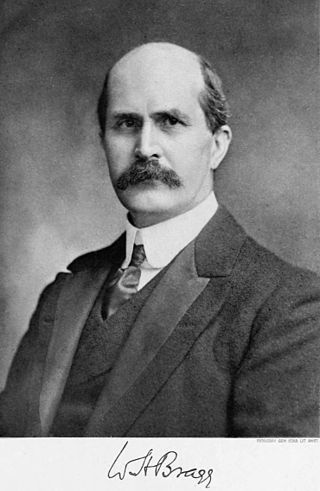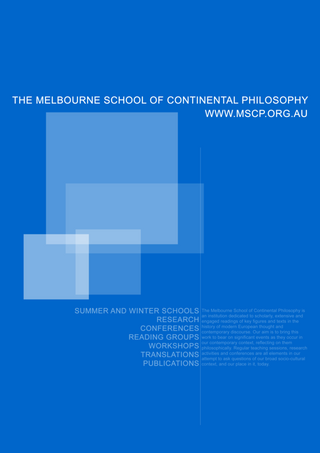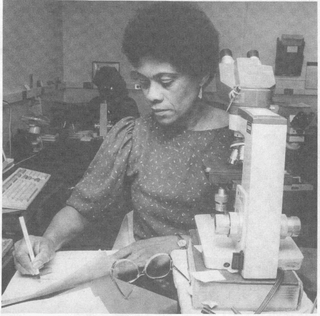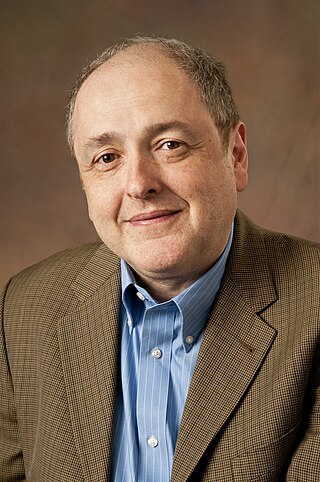Related Research Articles
Continental philosophy is an umbrella term for philosophies prominent in continental Europe. Michael E. Rosen has ventured to identify common themes that typically characterize continental philosophy. These themes proposed by Rosen derive from a broadly Kantian thesis that knowledge, experience, and reality are bound and shaped by conditions best understood through philosophical reflection rather than exclusively empirical inquiry.

Manuel DeLanda is a Mexican-American writer, artist and philosopher who has lived in New York since 1975. He is a lecturer in architecture at the Princeton University School of Architecture and the University of Pennsylvania School of Design, where he teaches courses on the philosophy of urban history and the dynamics of cities as historical actors with an emphasis on the importance of self-organization and material culture in the understanding of a city. DeLanda also teaches architectural theory as an adjunct professor of architecture and urban design at the Pratt Institute and serves as the Gilles Deleuze Chair and Professor of Philosophy at the European Graduate School. He holds a BFA from the School of Visual Arts (1979) and a PhD in media and communication from the European Graduate School (2010).

Sir William Henry Bragg was an English physicist, chemist, mathematician, and active sportsman who uniquely shared a Nobel Prize with his son Lawrence Bragg – the 1915 Nobel Prize in Physics: "for their services in the analysis of crystal structure by means of X-rays". The mineral Braggite is named after him and his son. He was knighted in 1920.

Christopher I. Beckwith is an American philologist and distinguished professor in the Department of Central Eurasian Studies at Indiana University Bloomington, Indiana.

Joseph Sherman Frelinghuysen Sr. represented New Jersey as a Republican in the United States Senate from 1917 to 1923.

Thomas Barbour was an American herpetologist. He was the first president of the Dexter School in 1926. From 1927 until 1946, he was director of the Harvard Museum of Comparative Zoology (MCZ) founded in 1859 by Louis Agassiz at Harvard University in Cambridge, Massachusetts.

The Bible Student movement is a Millennialist Restorationist Christian movement. It emerged in the United States from the teachings and ministry of Charles Taze Russell (1852–1916), also known as Pastor Russell, and his founding of the Zion's Watch Tower Tract Society in 1881. Members of the movement have variously referred to themselves as Bible Students, International Bible Students, Associated Bible Students, or Independent Bible Students.

A Medical Laboratory Scientist (MLS) or Clinical Laboratory Scientist (CLS) or Medical Technologist (MT) is a licensed Healthcare professional who performs diagnostic testing of body fluids, blood and other body tissue. The Medical Technologist is tasked with releasing the patient results to aid in further treatment. The scope of a medical laboratory scientist's work begins with the receipt of patient or client specimens and finishes with the delivery of test results to physicians and other healthcare providers. The utility of clinical diagnostic testing relies squarely on the validity of test methodology. To this end, much of the work done by medical laboratory scientists involves ensuring specimen quality, interpreting test results, data-logging, testing control products, performing calibration, maintenance, validation, and troubleshooting of instrumentation as well as performing statistical analyses to verify the accuracy and repeatability of testing. Medical laboratory scientists may also assist healthcare providers with test selection and specimen collection and are responsible for prompt verbal delivery of critical lab results. Medical Laboratory Scientists in healthcare settings also play an important role in clinical diagnosis. Some estimates suggest that up to 70% of medical decisions are based on laboratory test results and MLS contributions affect 95% of a health system's costs.
ASCP may refer to:

Sir Joseph Cooke Verco was an Australian physician and conchologist.

The Melbourne School of Continental Philosophy (MSCP) is an institution dedicated to scholarly, extensive and engaged readings of key figures and texts in the history of modern European thought and contemporary discourse. The School was founded in 2003 and formalised its status as an independent, not-for-profit organisation in 2004. It is based in Melbourne, Australia and is housed by The University of Melbourne.
The American Society for Clinical Pathology (ASCP), formerly known as the American Society of Clinical Pathologists, is a professional association based in Chicago, Illinois, encompassing 130,000 pathologists and laboratory professionals.

Cytotechnology is the microscopic interpretation of cells to detect cancer and other abnormalities. This includes the examination of samples collected from the uterine cervix, lung, gastrointestinal tract, or body cavities.

Brian Leiter is an American philosopher and legal scholar who is Karl N. Llewellyn Professor of Jurisprudence at the University of Chicago Law School and founder and Director of Chicago's Center for Law, Philosophy & Human Values. A review in Notre Dame Philosophical Reviews described Leiter as "one of the most influential legal philosophers of our time", while a review in The Journal of Nietzsche Studies described Leiter's book Nietzsche on Morality (2002) as "arguably the most important book on Nietzsche's philosophy in the past twenty years."
Ewa Plonowska Ziarek is the Julian Park Professor of Comparative Literature at The State University of New York at Buffalo. She has a major interest in engaging with other scholars on their own terms, and believes that a model of dissensus in philosophy, rather than the traditional consensus model, may produce highly valuable results.
Australian philosophy refers to the philosophical tradition of the people of Australia and of its citizens abroad. Academic philosophy has been mostly pursued in universities. It has been broadly in the tradition of Anglo-American analytic philosophy, but has also had representatives of a diverse range of other schools, such as idealism, Catholic neo-scholasticism, Marxism, and continental, feminist and Asian philosophy.
Symposium: Canadian Journal of Continental Philosophy is a semi-annual peer-reviewed academic journal covering different areas of continental philosophy published by Canadian Society for Continental Philosophy. It was established in 1997 and publishes contributions in English and French.
Robert Sinnerbrink is an Australian philosopher and associate professor of Philosophy at Macquarie University. He is an ARC Future Fellowship recipient and a former Chair of the Australasian Society for Continental Philosophy (2007–2010). Sinnerbrink is known for his research on aesthetics and philosophy of film.
Marguerite La Caze is an Australian philosopher and Professor of Philosophy at the University of Queensland. She is an Australian Research Fellow and a former Chair of the Australasian Society for Continental Philosophy (2010–2013). La Caze is known for her research on feminist philosophy and aesthetics.